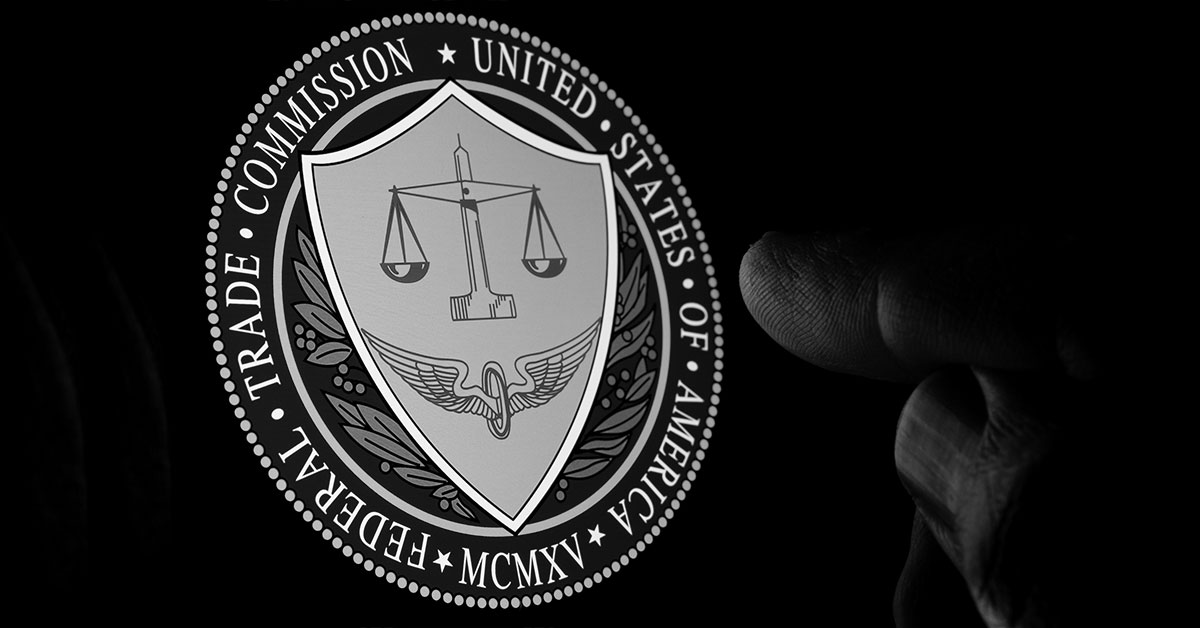- “2025년 스테이블코인 투자 2024년 대비 10배 예상”···CB인사이츠, ‘스테이블코인 시장 지도’ 공개
- The best portable power stations for camping in 2025: Expert tested and reviewed
- "제조 업계, 스마트 기술 전환 중··· 95%가 AI 투자 예정" 로크웰 오토메이션
- What to Do If You Book a Hotel or Airbnb and It Turns Out to Be a Scam | McAfee Blog
- Cómo evitar la fuga de cerebros en TI
Fraudsters Are Posing As The FTC To Scam Consumers

The United States Federal Trade Commission (FTC) has warned the public to be cautious if contacted by people claiming to be… FTC staff. In a warning published on its website, the FTC said that scammers were using its employees’ real names to steal money from consumers.
A typical ruse will see the bogus FTC staffer advising someone to wire or transfer money to “protect” it, send a victim to a Bitcoin ATM, or even demand that they buy gold bars and take it to someone for “safe-keeping.”
The bogus FTC worker sometimes uses threats to encourage people to move funds recklessly.
The FTC’s advice is clear – it never tells consumers to move their money to “protect” it:
The FTC will never send consumers to a Bitcoin ATM, tell them to go buy gold bars, or demand they withdraw cash and take it to someone in person. It will also never contact consumers to demand money, threaten to arrest or deport them, or promise a prize. If someone claims to work for the FTC and makes any of these demands or threats, they are a scammer.
According to the FTC, the median loss to FTC impersonators has increased from $3,000 in 2019 to $7,000 in 2024. According to the FBI’s most recent report on the state of internet crime, government impersonation scams rose 63% last year – with 14,190 reports causing over US $394 million worth of losses.
The most commonly targeted age group? Those over 60 years old.
The FTC has published a series of blog posts, describing how to recognise and avoid business and government imposter scams.
Protect the people you care about and their life savings by making sure they know the simple measures to protect themselves:
- Don’t move your money to “protect” it. That’s a typical scammer’s trick to steal it.
- Never share the verification codes sent to you by your bank. Never give them to anyone – especially not to someone claiming to be from your bank. No caller will ever ask for the verification code, especially not someone from your bank’s fraud department.
- Feeling pressured or worried? Stop. Hang up. Call your bank’s official number (found on your statement – don’t use a number that could have been given to you by the scammer!) to verify.
Report FTC impersonation scams at ReportFraud.ftc.gov (English) or ReporteFraude.ftc.gov (Spanish).
Editor’s Note: The opinions expressed in this and other guest author articles are solely those of the contributor and do not necessarily reflect those of Tripwire.

